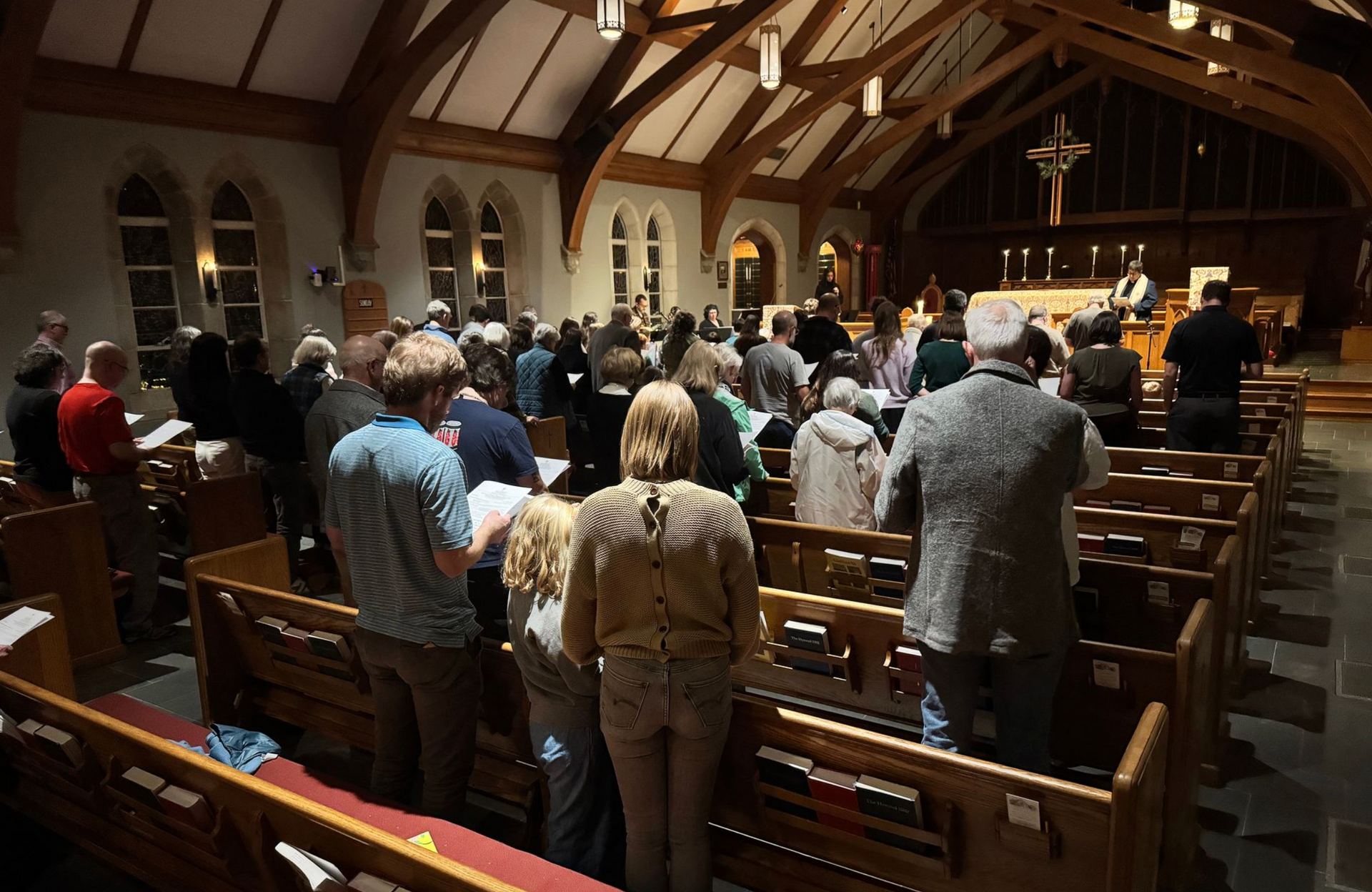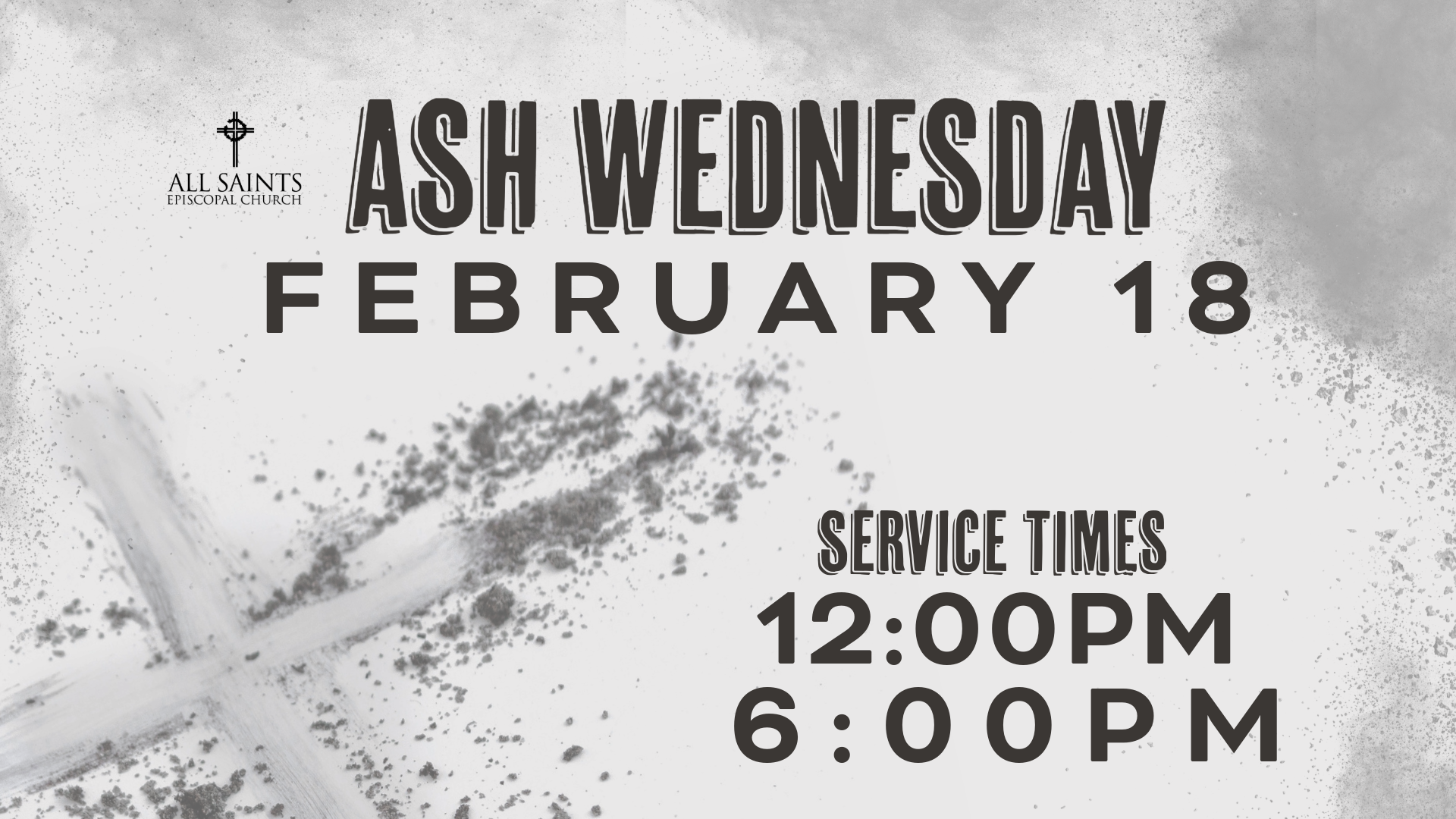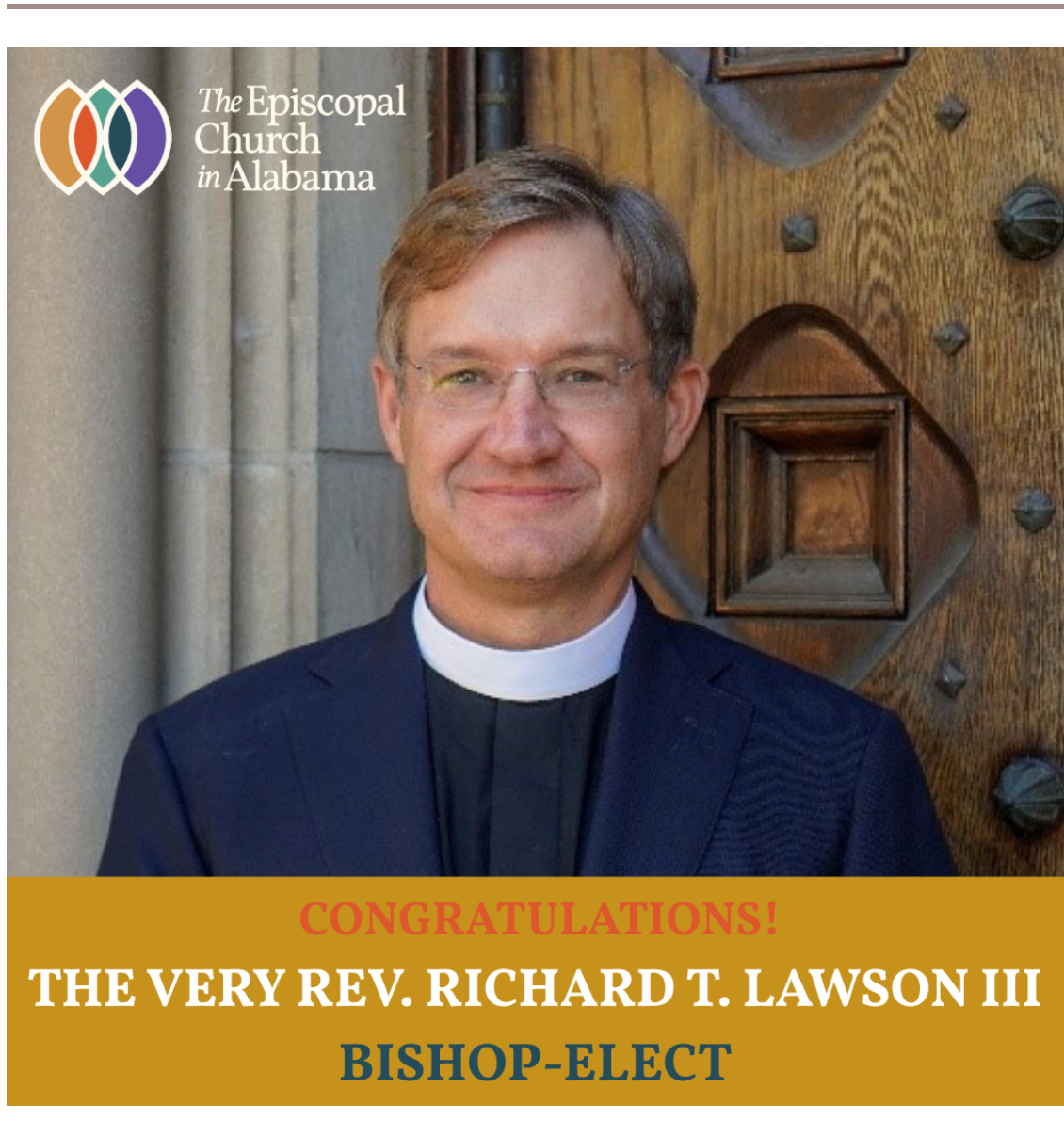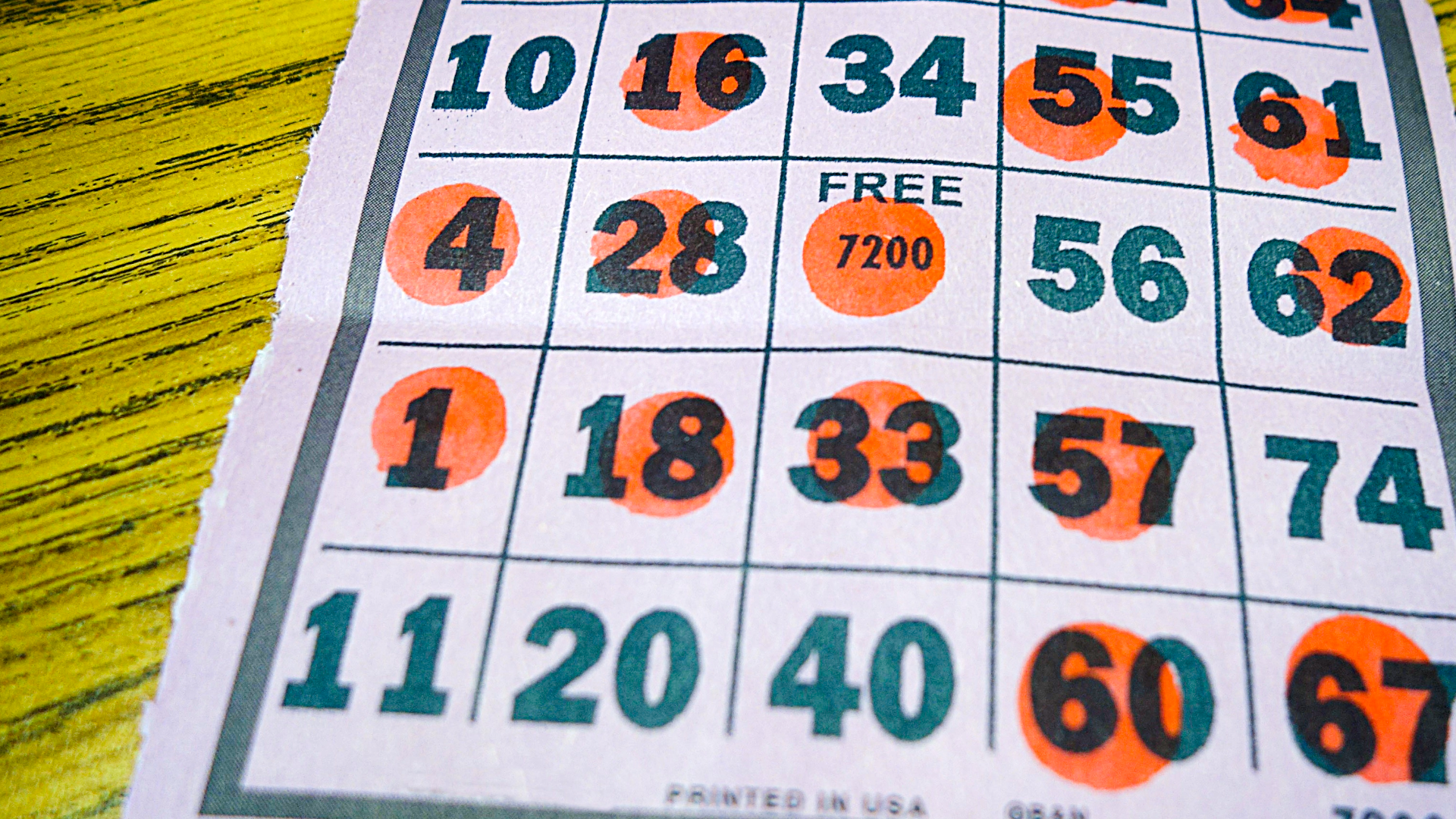Systemic Healing
The Rev. Seth Olson
Loving, life-giving, and liberating God, let my words be your words and when my words are not your words, let your people be wise enough to know the same. Amen.
Have you ever been driving down the road in your car when a warning signal lights up on your dashboard? What did you do when that happened? Maybe if it was a routine maintenance light, you kept on driving. What if it was the check engine light? Did you stop or find the nearest mechanic? Or, did you drive that car off the road into a ravine? That may sound dramatic, but there are times in life when we are given warnings about not automotive systems, but communal systems.
When there are persisting problems within our family, friends, workplace, civic organizations, church, or other groups we usually do not get a flashing light on the dashboard of life. Still, we can and often do sadly see someone veering a community into the ditch when challenges arise. So, how do we respond to difficulties within our communities in a way that leads to healing instead of harming? Today’s Gospel story gives us a great example of systemic healing.
In this passage, Jesus was serving as the guest rabbi at a synagogue. In the middle of the teaching, a woman crippled for the past 18 years appeared. Jesus healed the woman, and she began praising God. The leader of the synagogue became angry for Jesus healed on the Sabbath, but he directed his ire towards the crowds. To which Jesus responded with a powerful retort that left everyone in amazement. This is the basic outline of the story, but it is in the details that we find not only the devil, but also God. Let’s take a closer look.
One detail that appears odd is the number eighteen. Eighteen years is a long time—eighteen years ago Facebook was just beginning, there was no iPhone, and gas was $1.88/gallon.
In Hebrew, though numbers carry their own importance. Each letter possesses a numerical value. The number ten is the letter yud and the number eight is the letter het. Het-yud spells a word in Hebrew, which is C-h-a-i, but pronounced like high. This word chai means life. This is heard in the phrase “L’Chaim!” often said at bat or bar mitzvahs or at weddings—it means “To life!”. So, bringing it back to our story for today, the woman had this ailment for eighteen years, but there is also a play on words happening here—she was stuck with this disease for life—there was no hope for her healing, at least that’s how it seemed.
You, like me, might be wondering, from what disease was she suffering? Some scholars believe it was scoliosis, others think it was Scheuermann’s Kyphosis, while still others maintain it was ankylosing spondylitis. Regardless of the disease, Jesus saw it fit to restore this woman. Jesus healed her not by casting out a demon or by making mud, like he did elsewhere, but by setting her free. You might expect that the woman’s religious leader would be elated; however, the leader of the synagogue could not rejoice in the healing! Why?
This is where we get into the challenges that face systems or communities. To understand the synagogue leader’s frustrations, we must explore the health of this system. Every system from a nuclear family unit to a multi-national corporation has a level of health. We know very little about this synagogue system other than what is written in this story, but it is enough to get a sense of its health.
We know that there were crowds gathered. We know that there was a leader. We know that this leader had at least made room for Jesus to come in and teach. We also discover that this leader was seemingly adamant about following the rules around the Sabbath.
When Jesus healed the woman crippled for eighteen years, the synagogue leader protested not the healing, but the timing of it. Some rabbis, like this synagogue leader, utilized the original Creation story to exemplify our need to not work on the Sabbath—a good thing! However, Jesus highlighted another aspect of Sabbath relying upon a teaching from the Book of Deuteronomy, which connects Sabbath with the Exodus from Egypt. Jesus seemingly wanted to emphasize, “Remember that you were a slave in the land of Egypt, and the Lord your God brought you out from there with a mighty hand and an outstretched arm; therefore the Lord your God commanded you to keep the Sabbath day.” Jesus saw the Sabbath as a day of not only rest, but also unbinding and restoration!
There is more to this story though. While the stated reason for the synagogue leader’s frustration was Sabbath healing, there seems to be more here to his anger. Maybe he was mad because Jesus had healed on the Sabbath, or maybe he was upset because Jesus had healed this woman at all, or maybe he was upset because he couldn’t heal the woman. Regardless of the reasoning, what is more fascinating than the anger is how he expressed it. Notice where he directed his frustration! It was not at Jesus, nor the woman, but the crowds!
This is where we really see the check engine or check system light flashing on the proverbial dashboard of this synagogue community. The rabbi is angry that someone in his community has been healed—not by him on the Sabbath day. He expressed the anger at the crowd in attendance, it would be like me yelling at the choir or ushers for showing up. Now, in systems there can be someone who bears the burden of the collective unhealth or anxiety of the whole community.
This person is called the identified patient. This could be seen in acting out of the ordinary, chronic illness, avoidance, anxiety, depression, or many other symptoms. The identified patient is not bad or wrong, rather they are the one through which the stress of an organization or community is being expressed. Looking at this story we can see something remarkable happening when healing is introduced.
The bent over woman was carrying around the dis-ease of this community. She was the one weighed down, stooped over as though she was shouldering a heavy load. What was causing this? This might be a leap, but it had something to do with the man-made traditions that this community of faith had created—these were slowly adding up on this woman’s shoulders. She was bent over not because of the Faith of Abraham and Sarah, not because of Judaism, but because like all religions (including our own) when people add our human laws to the system often the community gets burdened with too much that they cannot experience the freedom which comes in following the way of God. This was why Jesus emphasized a different aspect of the Sabbath.
To Jesus, the Sabbath was not only about rest, but also about release. In truth, if we look at the whole of Luke’s Gospel account, we will see this theme of freedom prominently displayed. Jesus even announced his mission in the following way: “The Spirit of the Lord is upon me, because he has anointed me to bring good news to the poor. He has sent me to proclaim release to the captives and recovery of sight to the blind, to let the oppressed go free, to proclaim the year of the Lord’s favor” (4:18-19). So what does this matter to us? What implication does this have upon us?
Well, how do our modern-day systems create unhealthiness? We often use others as cogs in a machine to make our lives easier without any regard for the impact on their lives. The communities we belong to can lose sight of how our decisions and rules push us into loving things and using people instead of the other way around. So, what do we do?
Where can we take part in unburdening, that is the liberation of ourselves and others? We may not see the systems that exist right under our noses—we believe we are free only to discover that the economic, political, and religious institutions in our society often run by extracting a great toll from our neighbors and from us. If everything is transactional, then we too are bound up like the woman long ago! Until all of us are free from this sort of binding up, none of us are truly free.
And yet, there is hope for all of us. In so many ways we may feel bound up in things that do not give us nourishment, sustenance, and abundance of life. There is another way though that does not depend upon transactions—an eye for an eye or $3.50 for a gallon of gas. Jesus models giftedness—that is grace, giving for fun and for free.
This giftedness starts in Holy Baptism, which we will celebrate at the 11:00 service today. In this sacrament, we are reminded that God gives all of us forgiveness of sins, release from bondage, and newness of life. This is a completely free gift; however, what is often glossed over is that this Baptism is a life-altering transformation, it will cost us.
The symbol of Baptism in our context is a sprinkling of water, but it’s more aptly represented by a flood—one in which our old ways of being are no more, and instead we are invited to walk in the way of love laid out by Jesus our Savior. This way of love breaks down systems that oppress, unbinds those who have been bent down, and unshackles all of us from any way that does not lead to flourishing and abundance of life.
May we walk in this way of love. May we take part in God’s grace, which frees us all from a life of oppression and gifts us with a new way of being free. L'Chaim—To God’s abundant life!
More Announcements

